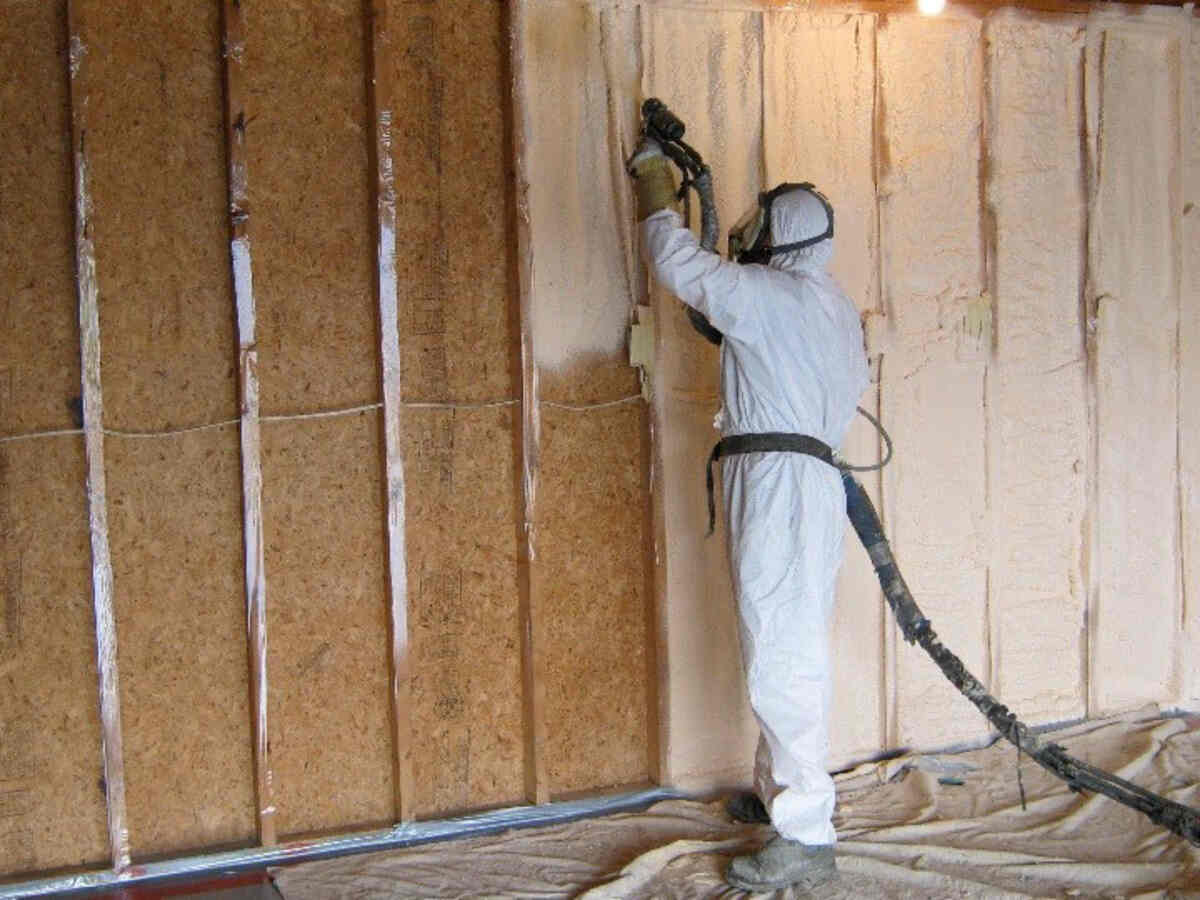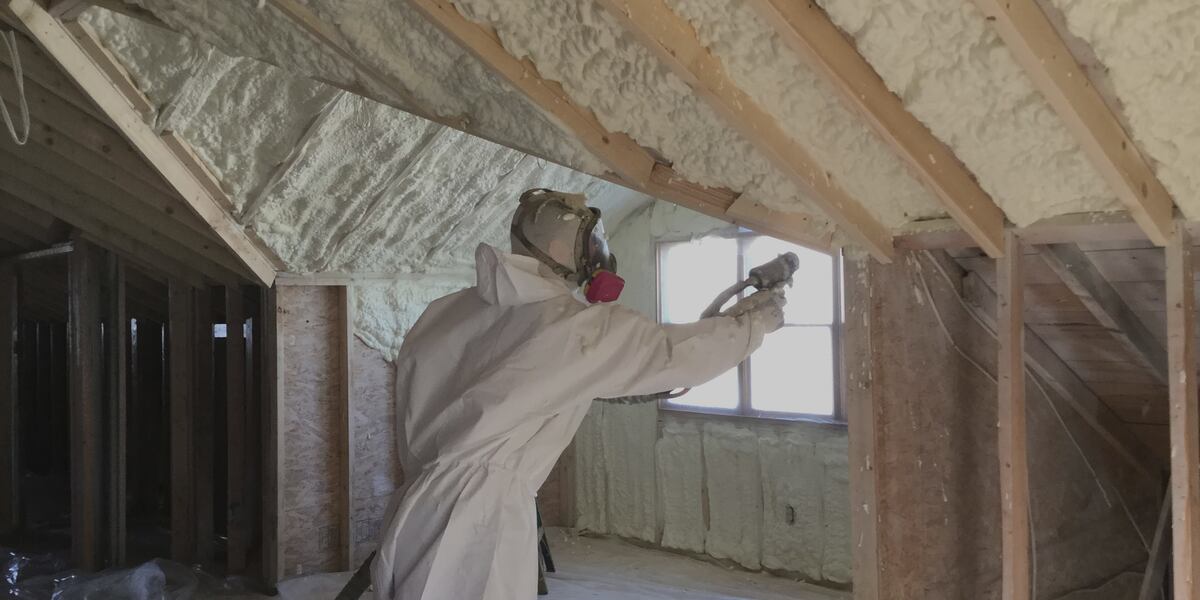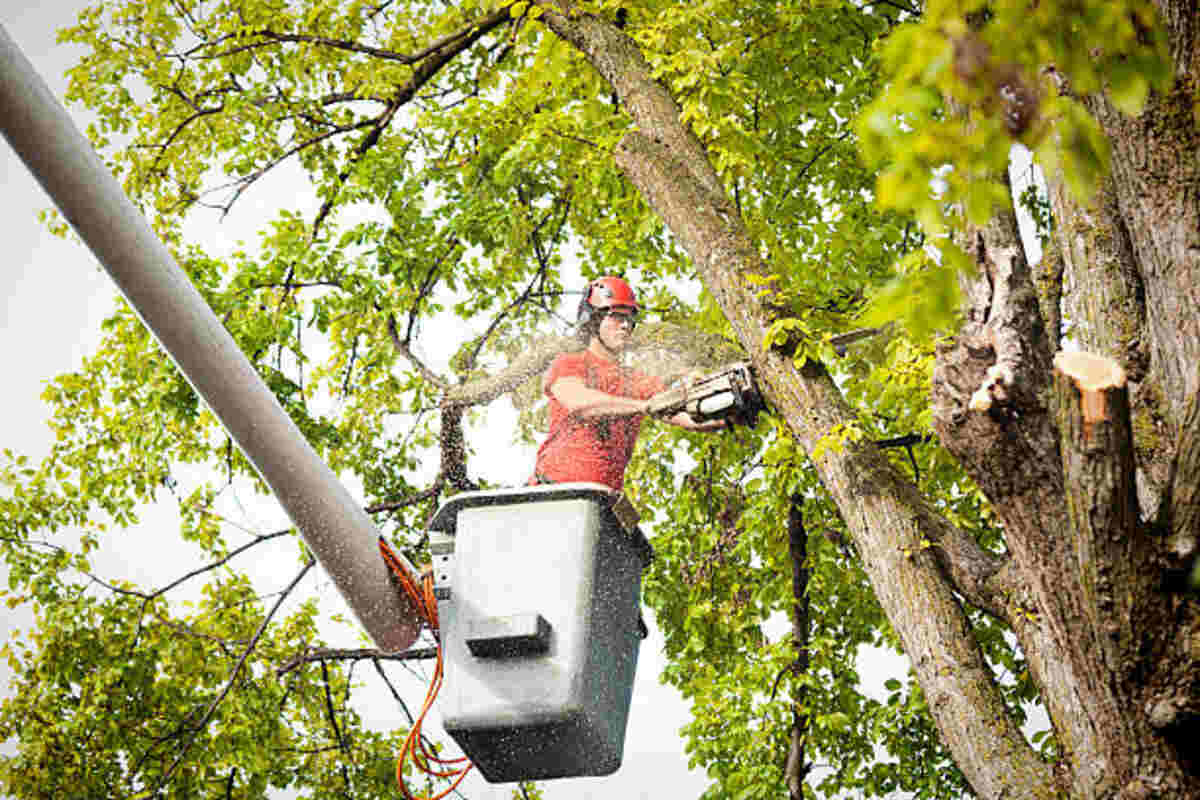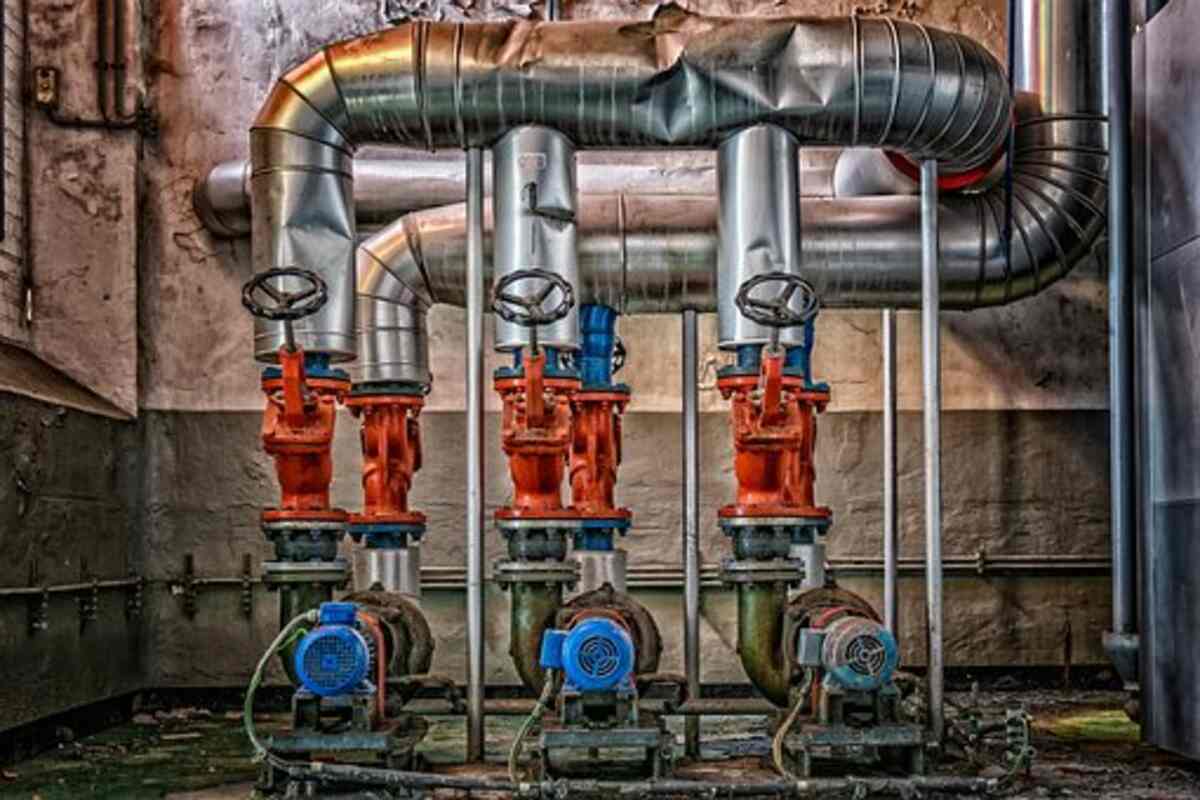All About Spray Foam Insulation
Spray foam insulation has gained significant popularity in recent years as an effective and efficient method to insulate homes and buildings. With its ability to create an airtight seal and provide superior insulation, it’s no wonder that many homeowners and contractors are opting for this advanced insulation option. In this article, we will delve into the world of spray foam insulation and explore its benefits, installation process, and potential drawbacks.
Spray foam insulation is a type of insulation material that is applied using a spray gun. The foam is made up of two components: polyol resin and isocyanate, which, when mixed, create a chemical reaction resulting in an expanding foam. This expanding foam adheres to surfaces, creating a seamless and continuous insulation layer.
One of the significant advantages of spray foam insulation is its ability to provide an airtight seal. Unlike traditional insulation materials like fiberglass or cellulose, which can leave gaps and crevices, spray foam insulation expands to fill in all the nooks and crannies, effectively sealing off any air leaks. This airtight seal not only prevents drafts and hot or cold spots but also acts as a barrier against moisture, which can lead to mold and mildew growth.
Furthermore, the high insulation value of spray foam is unmatched. It has a higher R-value (a measure of thermal resistance) compared to traditional insulation materials. The R-value of spray foam can range from 6 to 7 per inch, while fiberglass typically has an R-value of around 3 to 4 per inch. The higher R-value of spray foam means that it provides better insulation and energy efficiency, leading to reduced heating and cooling costs.
Another notable advantage of spray foam insulation is its versatility. It can be applied to various surfaces, including walls, attics, crawl spaces, and even roofs. Its ability to conform to any shape or size makes it suitable for both new construction and retrofit applications. Additionally, spray foam insulation can improve the structural integrity of buildings, as it strengthens walls and acts as a sound barrier, reducing noise transmission.

The installation process of spray foam insulation involves a professional contractor. They will first assess the area to be insulated, taking into consideration factors such as existing insulation, moisture problems, and ventilation. The contractor will then prepare the area by covering windows, doors, and other sensitive surfaces. Once the site is prepped, the two components of spray foam insulation are mixed and then sprayed onto the desired consistency. The foam expands quickly, filling in gaps and forming a solid insulation layer. After the foam has cured and hardened, excess foam may be trimmed, and the area can be finished as desired.
While spray foam insulation offers numerous benefits, it is essential to consider potential drawbacks as well. One disadvantage is the higher upfront cost compared to traditional insulation materials. Spray foam insulation requires professional installation, which adds to the overall cost. However, the long-term energy savings and increased home value can often outweigh this initial investment.
Additionally, spray foam insulation releases volatile organic compounds (VOCs) during installation, which can potentially cause health problems for individuals with respiratory sensitivities. It is essential to vacate the building during installation and allow proper ventilation after the insulation has cured. Homeowners should work with experienced contractors who follow safety protocols and use high-quality insulation to minimize any health risks.
In conclusion, spray foam insulation is a highly efficient and effective method for insulating homes and buildings. Its ability to provide an airtight seal, high insulation value, versatility, and improved structural integrity make it a favorable choice for many homeowners and contractors. While it may have a higher upfront cost and potential health risks during installation, the long-term energy savings and comfort it provides are well worth considering. To ensure a successful installation, it is essential to work with experienced professionals who can guide you through the process and address any concerns.
Read Also: Insulated Glass Manufacturers




